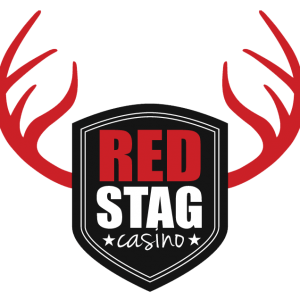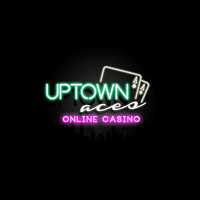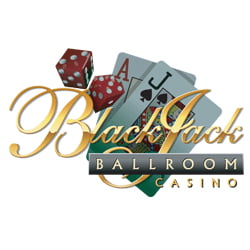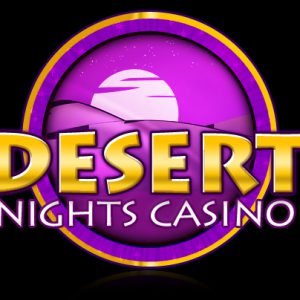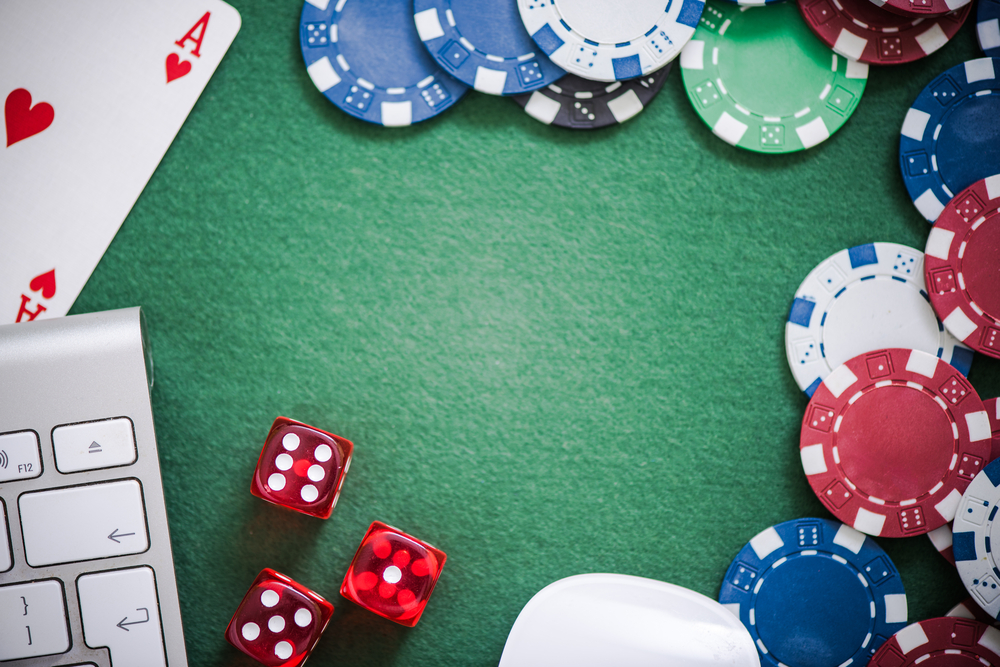
For many people, gambling can be an enjoyable and harmless activity. Whether it’s playing a hand of poker with friends or placing a bet on a sporting event, gambling can add an element of excitement and thrill to our lives. However, for some individuals, what starts out as a fun pastime can quickly spiral out of control and turn into a full-blown addiction. In this article, we’ll explore the signs and symptoms of gambling addiction, as well as strategies for identifying and thwarting this destructive behavior.
Recognizing the Signs of Gambling Addiction
It’s important to be able to recognize the signs of gambling addiction in yourself or a loved one in order to address the issue before it escalates. Some common signs of gambling addiction include:
- Feeling the need to gamble with increasing amounts of money in order to achieve the desired excitement
- Feeling restless or irritable when attempting to cut down or stop gambling
- Lying to friends and family members about the extent of your gambling
- Using gambling as a way to escape from problems or relieve feelings of helplessness, guilt, anxiety, or depression
- Relying on others to borrow money in order to relieve financial problems caused by gambling
Thwarting Gambling Addiction
If you suspect that you or someone you know may be struggling with a gambling addiction, there are steps you can take to address the issue and seek help. Here are some strategies for thwarting gambling addiction:
- Seek Professional Help: If you believe that you or a loved one has a gambling addiction, it’s important to seek help from a mental health professional who specializes in treating addiction.
- Join a Support Group: Support groups such as Gamblers Anonymous can provide a safe and supportive environment for individuals struggling with gambling addiction to share their experiences and receive encouragement from others in similar situations.
- Limit Access to Gambling: Consider self-exclusion programs or blocking gambling websites on your devices to limit access to gambling opportunities.
- Develop Healthy Coping Mechanisms: Find alternative ways to cope with stress and negative emotions, such as exercise, meditation, or engaging in hobbies that bring you joy.
- Repair Relationships: Take steps to repair any relationships that may have been damaged as a result of your gambling addiction, and communicate openly with your loved ones about your struggles and progress.
Conclusion
While gambling can be a fun and exciting activity, it’s important to be aware of the risk of developing a gambling addiction. By recognizing the signs of gambling addiction and taking proactive steps to address the issue, you can safeguard yourself and your loved ones against the grip of compulsive gambling. Remember, help is available, and you don’t have to face this challenge alone. Take the first step towards recovery today.







